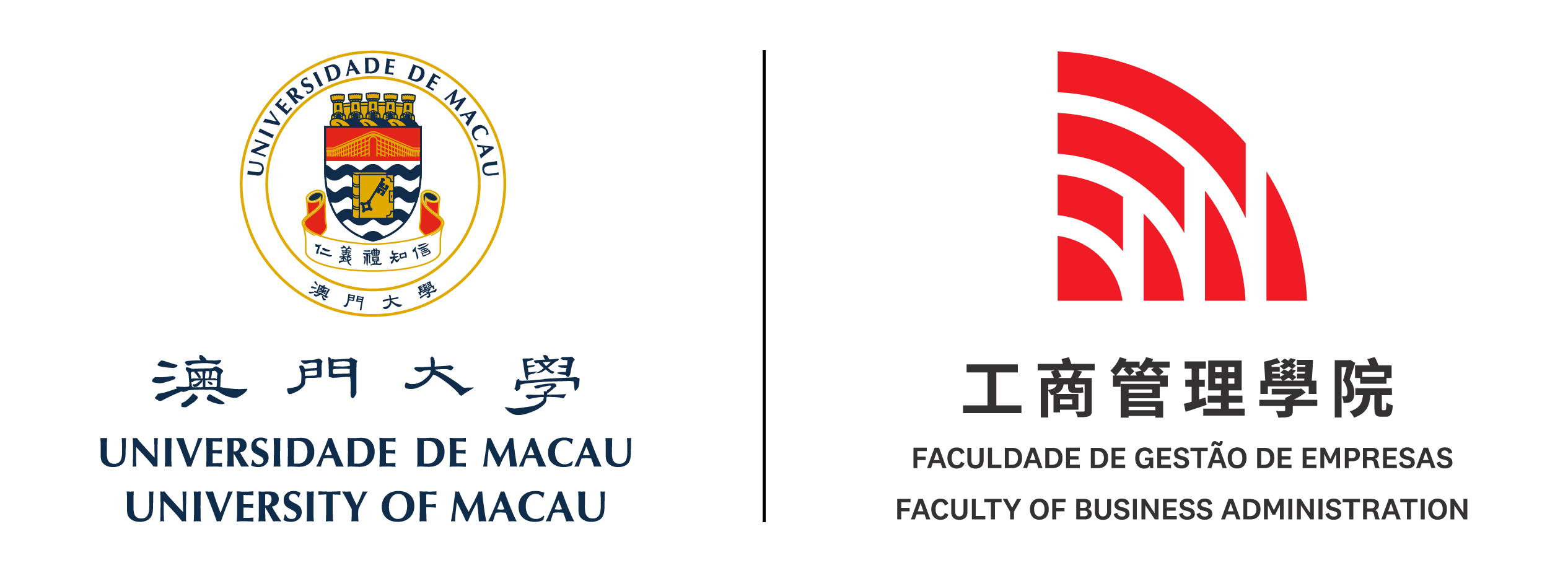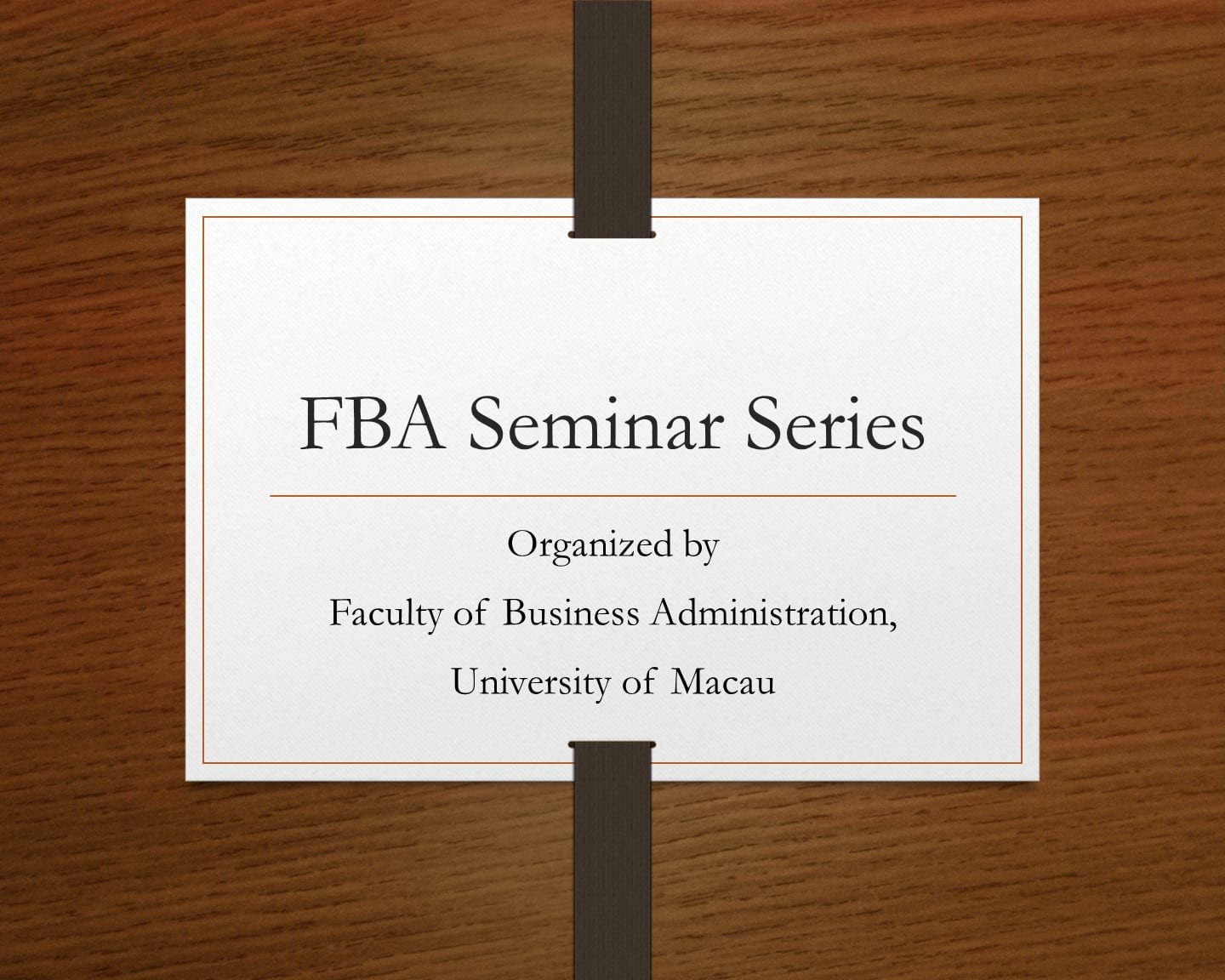Faculty of Business Administration
Visiting Scholar Seminar
Strategic Equilibrium of Service Capacity Co-opetition with Time Sensitive Customers
Ying SHI
Finance and Economics Department, Guangdong University
Time/Date: 10:30am – 12:00pm, 9th December 2022 (Friday)
Venue: E22-2007
ABSTRACT: Co-opetition, cooperating with a competitor to obtain greater benefits, has become an increasingly popular strategy in industry and is a growing force in the innovation landscape. Scant research has considered cases in which service providers in co-opetition provide services, such as WiFi connection, entertainment services, and other smart services to the waiting-time-sensitive passengers in a taxi, a bus, a train, and an airplane. This paper studies an M/M/1 queueing model with two service providers that compete for customers from the same source. Customers need to decide whether to join one of two queues or balk. On the other hand, the service providers cooperate by sharing a waiting area. We assume that, on the one hand, customers are waiting-time sensitive, on the other hand, they enjoy the entertainment in the waiting area. We found the Nash equilibrium(s) that each provider decides its service capacity, and the service provider(s) jointly determine the waiting-area entertainment (WAE) level. By providing the WAE services, such as WIFI connection and watching video, customers’ perceived waiting time is reduced.
This paper finds some very insightful results:
1) Only when the market size is large enough and at a suitable WAE level, can a co-opetition or monopoly occur, and a suitable WAE level can help service provider(s) survive and make a profit.
2) As the effectiveness of the entertainment options (EEO) increases, the service providers will adopt the entertainment options, and the total service capacity decreases with the effectiveness and converges to the potential market size.
3) When the EEO is high enough, the low decrement of the service capacity will not lead to longer waiting time, and the service provider should decrease the WAE level to save costs.
4) When the EEO is too low, the high decrement of the service capacity leads to a longer waiting time. Thus, to retain customers, service providers should increase the WAE level to shorten the perceived waiting time.
5) Finally, entertainment resource sharing in a co-opetitive market creates higher profits than in a competitive market, but lower profits than in a monopoly market.
*This research work is done by collaborating with Xin LI and Zhaotong LIAN.
BIOGRAPHY: Prof. Ying SHI is an Associate Professor at the International Business School, Guangdong University of Finance and Economics. She received her PhD degree from the Faculty of Business Administration, University of Macau in 2015. Prof. Shi’s research interests include stochastic service systems and supply chain management. She has published some research papers in outstanding journals, including an ABS4 ranked journal “European Journal of Operational Research
ALL ARE WELCOME!


